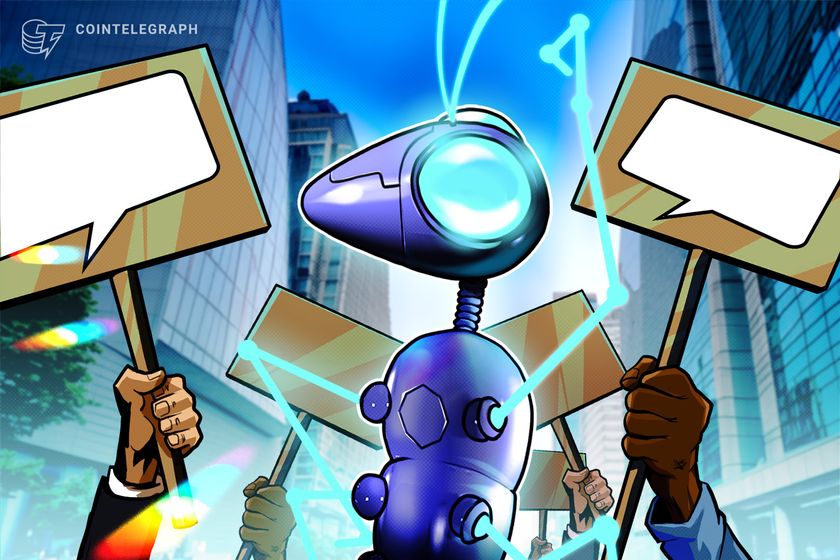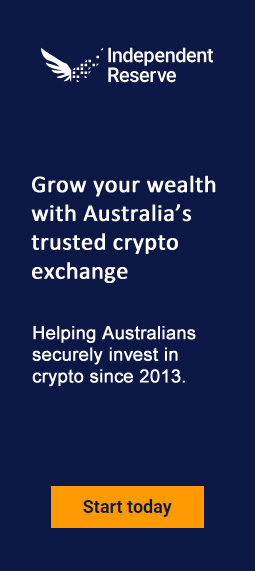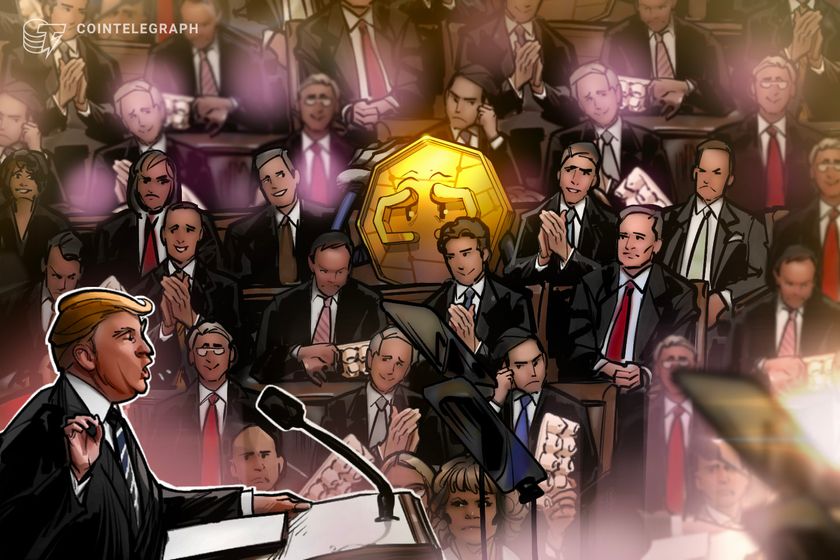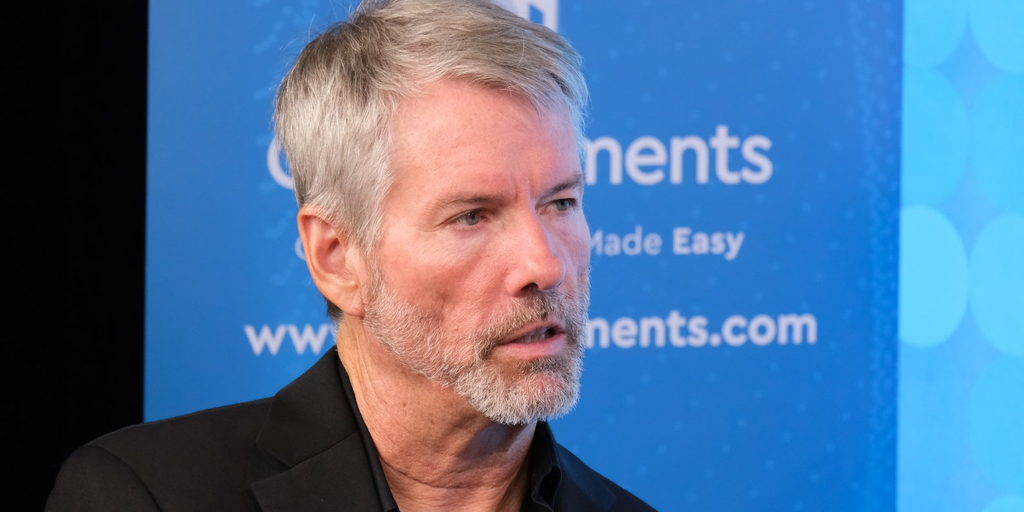Free speech is at risk without decentralized, open-source technology
Tim Berners-Lee's vision of an open World Wide Web has been undermined by centralized data conglomerates that restrict free speech and monetize user data. Web2 companies create walled gardens, leading to significant information asymmetry. Blockchain technology offers a decentralized alternative, enabling the development of censorship-resistant applications that support free speech. The original internet was collaborative and accessible, but by 2025, it has become controlled by powerful corporations that exploit user data without fair compensation. Scandals like Cambridge Analytica highlight the manipulation of data to influence public opinion. The European Commission is investigating major tech firms for noncompliance with privacy laws. To restore Berners-Lee's vision, decentralized applications must utilize open-source protocols and eliminate reliance on centralized infrastructures, ensuring uninterrupted data access and safeguarding free speech rights. Decentralized protocols can transform data accessibility, removing single points of failure and promoting an inclusive internet.











